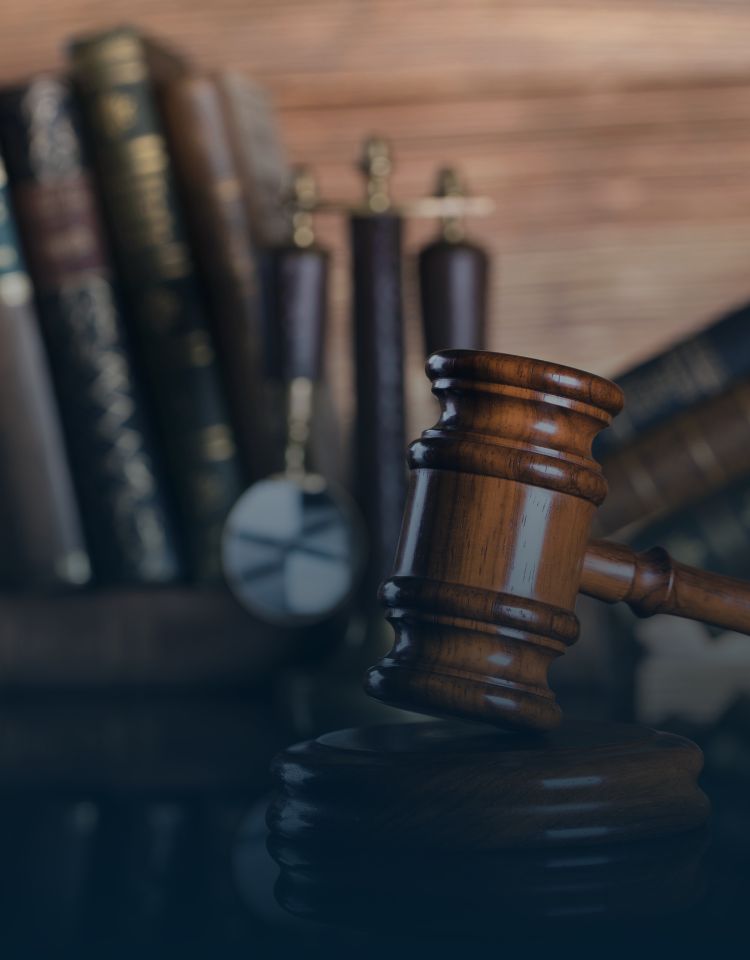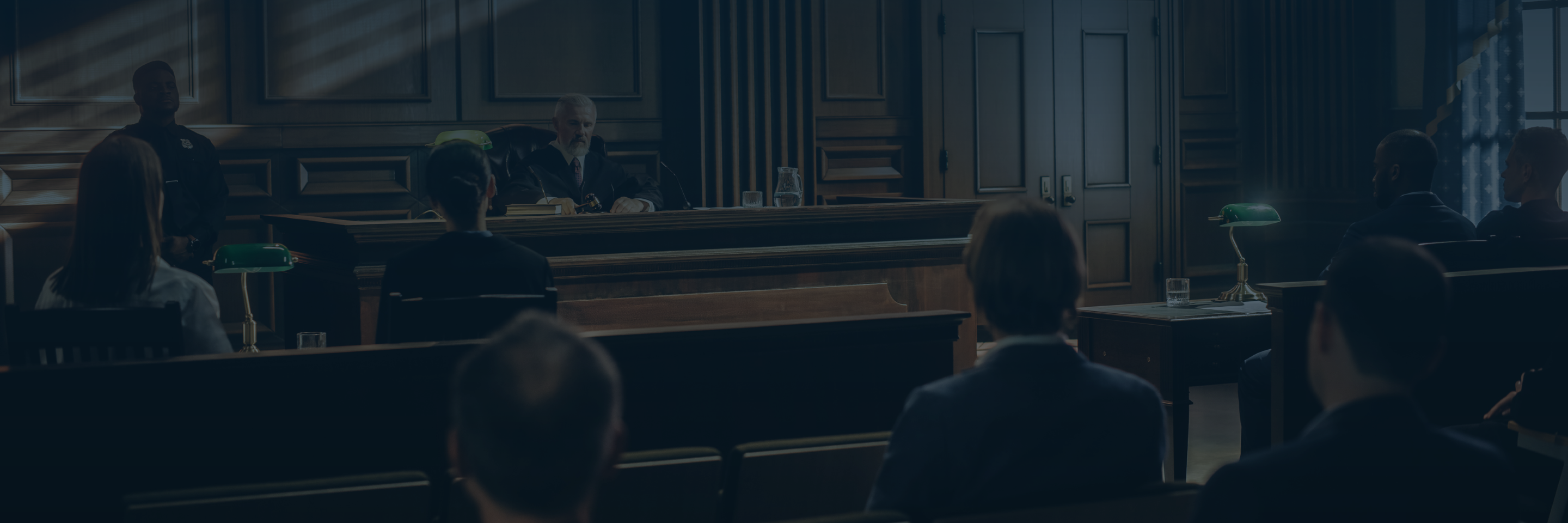Written By: Lindsay Charles and Mandeep Tamber, Summer Student
This decision serves as a good reminder that experts need to be impartial to testify at trial. The decision succinctly reviews the Mohan test regarding the admissibility of expert evidence at trial, and the Acid Test in White Burgess Langille Inman v Abbott and Haliburton Co which dictates how to determine if an expert witness is impartial.
This decision determines whether the Defendant’s life care expert can be permitted to testify at trial. The Defendant retained Dr. Dan Thompson to prepare a life care plan and to provide opinion evidence on vocation. At trial, Mr. Thompson was also tendered to call evidence as a life care planner and a vocational rehabilitation expert.
On a voir dire, counsel for the Plaintiff sought the following ruling with respect to Mr. Thompson’s involvement at the trial:
- A ruling declaring the evidence of Mr. Thompson inadmissible, or in the alternative,
- A ruling that Mr. Thompson cannot testify to the future care needs/vocational capabilities of the Plaintiff beyond his area of expertise or testify regarding conclusions drawn from conversations not disclosed in a report, statement, or affidavit.
The Court reviewed the four-part test for admissibility[1] as dictated by R. v Mohan:
Expert evidence requires that the evidence is:
- Relevant.
- Is necessary in assisting the trier of fact.
- Does not fall within any exclusionary rule.
- Given by a properly qualified expert.
The Court found that Mr. Thompson’s evidence failed to meet the fourth prong of the Mohan test, that he was not a properly qualified expert. Accordingly, Her Honour exercised her gatekeeper role and declared Mr. Thompson’s evidence inadmissible.
In making that determination, the Court reviewed White Burgess Langille Inman v Abbott and Haliburton Co., which stipulates that an expert’s independence and impartiality is one of the basic standards for it to be admissible. Her Honour reviewed the “acid” test, which questions whether the expert would have rendered the same opinion had he been retained by the plaintiff.[2]
Her Honour goes on to further reiterate the importance of an expert’s impartiality:
Expert witnesses have a special duty to the court to provide fair, objective, and non-partisan assistance. A proposed expert witness who is unable or unwilling to comply with this duty is not qualified to give expert opinion evidence and should not be permitted to do so. A proposed expert’s independence and impartiality goes to admissibility and not simply to weight and there is a threshold required in relations to this duty.
Her Honour found that Mr. Thompson lacked independence and impartiality for the following reasons:
- He aligned himself with the Defendant.
- He provided his opinion on the Plaintiff’s future vocational capabilities and also provided an accounting critique of his future income losses despite not being requested to do so, or asked to do so in the retainer.
- He relied on reports, interviews, and assessments completed by others rather than an conducting an independent assessment.
- No collateral interviews with his critical care team or family members were conducted.
- He was the only expert not to meet the Plaintiff.
- He only highlighted certain information in his report, which highlights bias in favour to the Defendant.
- His optimism for the plaintiff’s future should have played no part in his assessment of his future care needs.
- His rebuttal report was to only address typographical errors, but, contained substantive changes, also to the benefit of the Defendant.
[1] [1994] 2 S.C.R. 9 (“Mohan”).
[2] 2015 SCC 23 (“White Burgess”).





